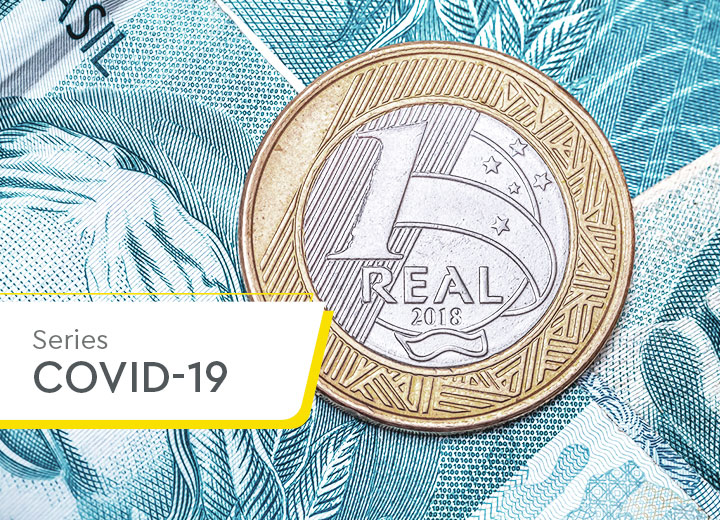
Given these highly exceptional circumstances, public law will play a central role in dealing with the sanitary and public health emergency, on the one hand, and in coping with the economic crisis, on the other.

Companies may accelerate federal, state, district, and municipal non-religious holidays by giving employees a 48-hour prior notice.

We analyze the impacts of covid-19 for the M&A transactions seemingly most affected by the current crisis, those for which the contracts have been signed, but the deal has not yet been closed.

Our attorneys analyze possible questions Brazilian companies may have regarding changes in health and safety rules during the covid-19 pandemic.

Companies may make FGTS payments for March, April, and May 2020 from July onwards.

In addition to the federal environmental agency (Ibama), state and municipal agencies have temporarily canceled in-person services, which should have an impact on licensing, authorizations, approvals, and inspections.

Cases of covid-19 will only be deemed occupational when the causal link between the disease and the work performed can be proved.

Employees will be able to offset the interruption of activities with overtime work of up to two hours per day for 18 months.

Note the guidelines regarding extrajudicial services issued in different Brazilian states due to the coronavirus pandemic.

Prudential regulatory constraints imposed on banks are relaxed in an attempt to maintain the flow of credit in the Brazilian economy and foster economic activity.

Which institutes of current Brazilian civil law may be used to regulate contractual disputes caused by the coronavirus pandemic? Our attorneys analyze the legal grounds and practical consequences of their application.

Some courts have suspended public service, hearings, and in-person sessions. See the rules promulgated thus far.

The covid-19 pandemic has an impact on the most varied of areas of Brazilian and international law. For public law, the crisis will have repercussions for public services, infrastructure sectors, and private suppliers, seeking to ensure the long-term continuity of the services affected.

The legal precautions that companies should take to comply with employee isolation measures during the covid-19 pandemic.

Both the Brazilian Corporations Law and CVM Instruction 481 allow publicly-held companies to implement means in order to hold their ordinary shareholders’ meetings remotely. What challenges such change represent for companies?